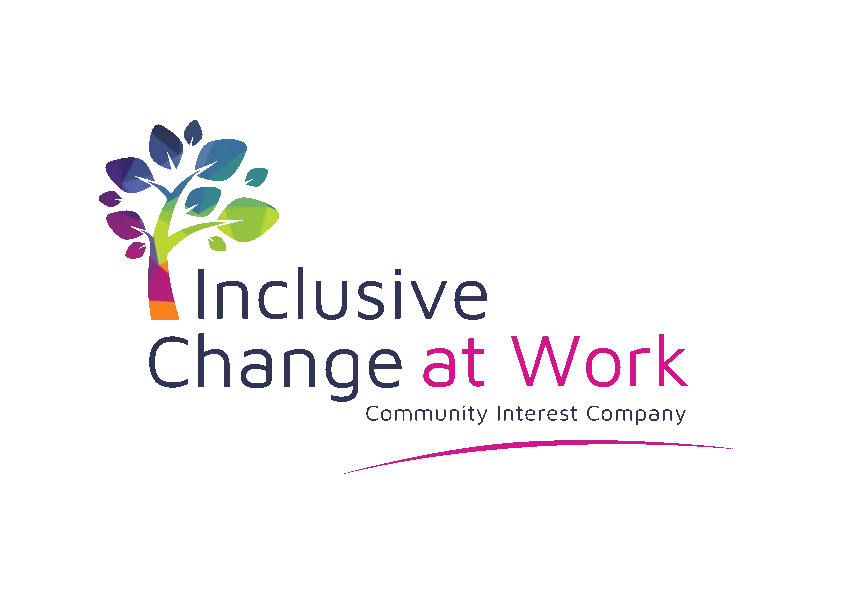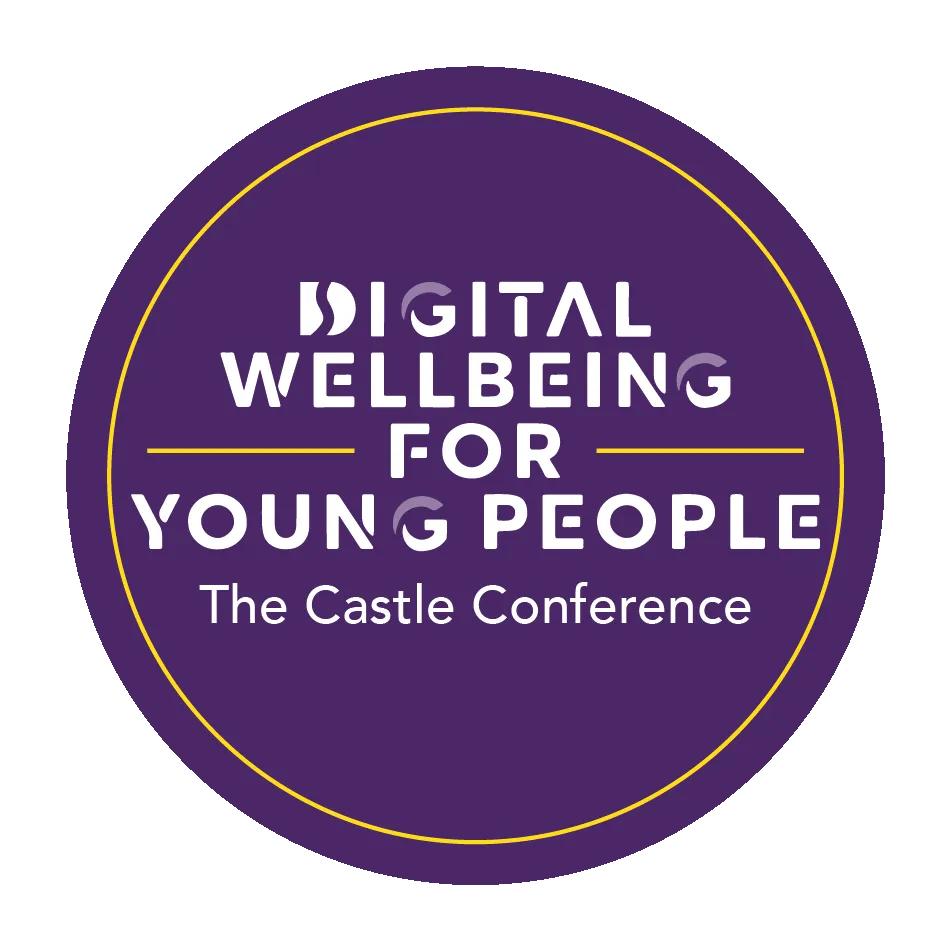Thank you for helping to
Keep the conversation going
Here are some ways we can help you.
We hope you enjoyed The Castle Conference: Digital Wellbeing for Young People.
We know you want to keep the conversation going so we have created a page to help you do that.
The page will be updated with slides and videos when they are available.
Watch the Castle Conference Catch Up
We hope that The Castle Conference inspired you, got you thinking and talking about the topic of Digital Wellbeing. We really hope you have been talking about the conference to your friends, family and colleagues.
We certainly are and we arranged it!
The Castle Conference Catch-Up was a chance to keep talking, a chance to share your thoughts, a chance to find out what questions we have been asked since the day and a chance to ask us new questions.
Andy & Lucy
Recap from the event
We have combined the slides into a video for you to rewatch
This is only the slides - no audio. Videos are below.
Speaker Videos
Lucy Smith: Digital Safeguarding and Neurodiversity
Professor Peter Kawalek: A crisis but not of their making
Luisa Fassi: Social media and adolescence
David Brown: If U Care Share
Resources
Links and downloads for you
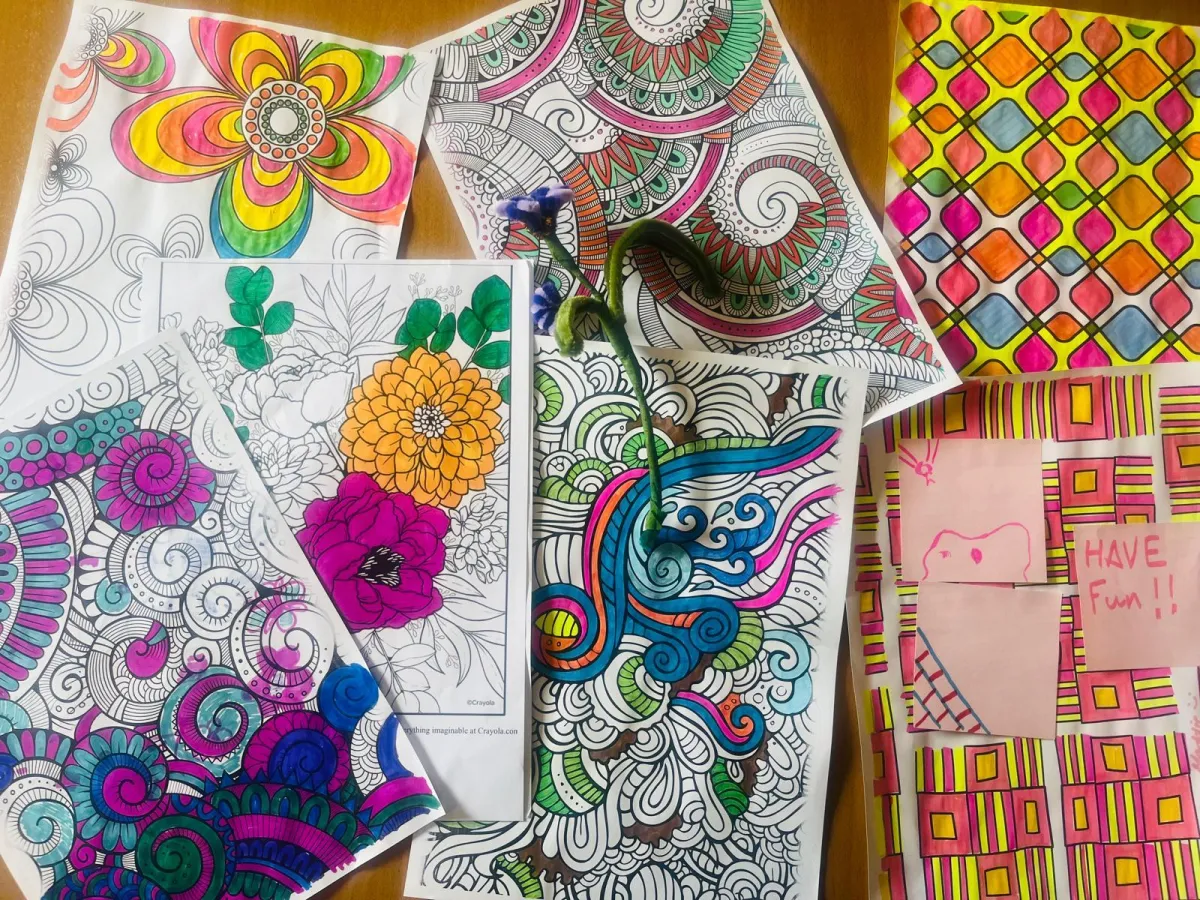
Why Doodling and Stimming in Meetings Can Help Neurodivergent Employees Thrive
Why Doodling and Stimming in Meetings Can Help Neurodivergent Employees Focus
Meetings are an integral part of many workplaces, but for neurodivergent employees sitting still and maintaining prolonged focus can be challenging. Traditional workplace norms often emphasise behaviours like maintaining eye contact, sitting quietly, and taking notes in conventional ways. However, for many neurodivergent individuals, engaging in activities like doodling or stimming can be essential for focus, regulation, and engagement.
What is stimming?
Stimming, short for self-stimulatory behaviour, refers to repetitive movements, sounds, or actions that help regulate sensory input, emotions, and focus. While stimming is often associated with autism, it is also common among individuals with ADHD, anxiety, and other neurodivergent traits. Stimming behaviours can vary widely and may include:
Doodling or sketching
Tapping fingers or feet
Playing with fidget toys (e.g., stress balls, spinners, putty)
Rocking or swaying
Repetitive speech or humming
Clicking a pen or twirling objects
Hair twisting
These behaviours are often misunderstood as distractions, but in reality, they can be incredibly helpful for self-regulation and productivity.
How stimming and doodling helps focus

Enhancing concentration: For many neurodivergent individuals, engaging in minor physical activities like doodling or using a fidget toy actually helps them process verbal information better. It provides an outlet for excess energy, making it easier to maintain attention during long discussions.
Reducing anxiety and overstimulation: Meetings can be overwhelming. Stimming provides a way to self-soothe and manage sensory input, preventing overload and anxiety.
Improving memory and retention: Studies have shown that doodling while listening can enhance comprehension and recall. By keeping the brain engaged in multiple ways, neurodivergent employees may retain more information compared to if they were forced to sit still.
Embracing neurodiversity in the workplace
Recognising and accommodating neurodivergent needs benefits everyone. Here are some ways workplaces can create a more inclusive environment:
Normalise stimming: Educate teams about stimming and its benefits so that colleagues understand these behaviours as tools for engagement rather than distractions.
Encourage alternative note-taking: Allow employees to take notes in ways that work best for them, whether that’s through drawing, voice recordings, or mind maps.
Provide fidget tools: Offering fidget toys in meeting rooms can be a simple yet effective way to support focus and comfort.
Create flexible meeting structures: Allow breaks, standing options, or movement-friendly spaces for those who find sitting still difficult.
Neurodivergent employees bring unique strengths to the workplace, and small accommodations, such as embracing doodling and stimming in meetings, can make a big difference in productivity, well-being, and innovation. By fostering an environment that supports different ways of thinking and processing information, organisations can empower their teams to perform at their best while cultivating a more inclusive workplace culture.
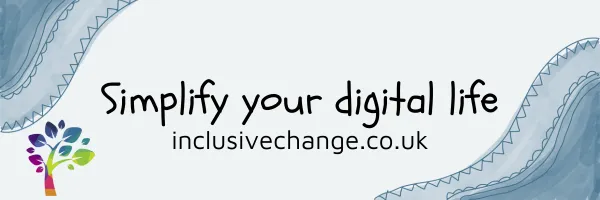
Get Your FREE eBook
A Practical guide to Simplify your Digital Life
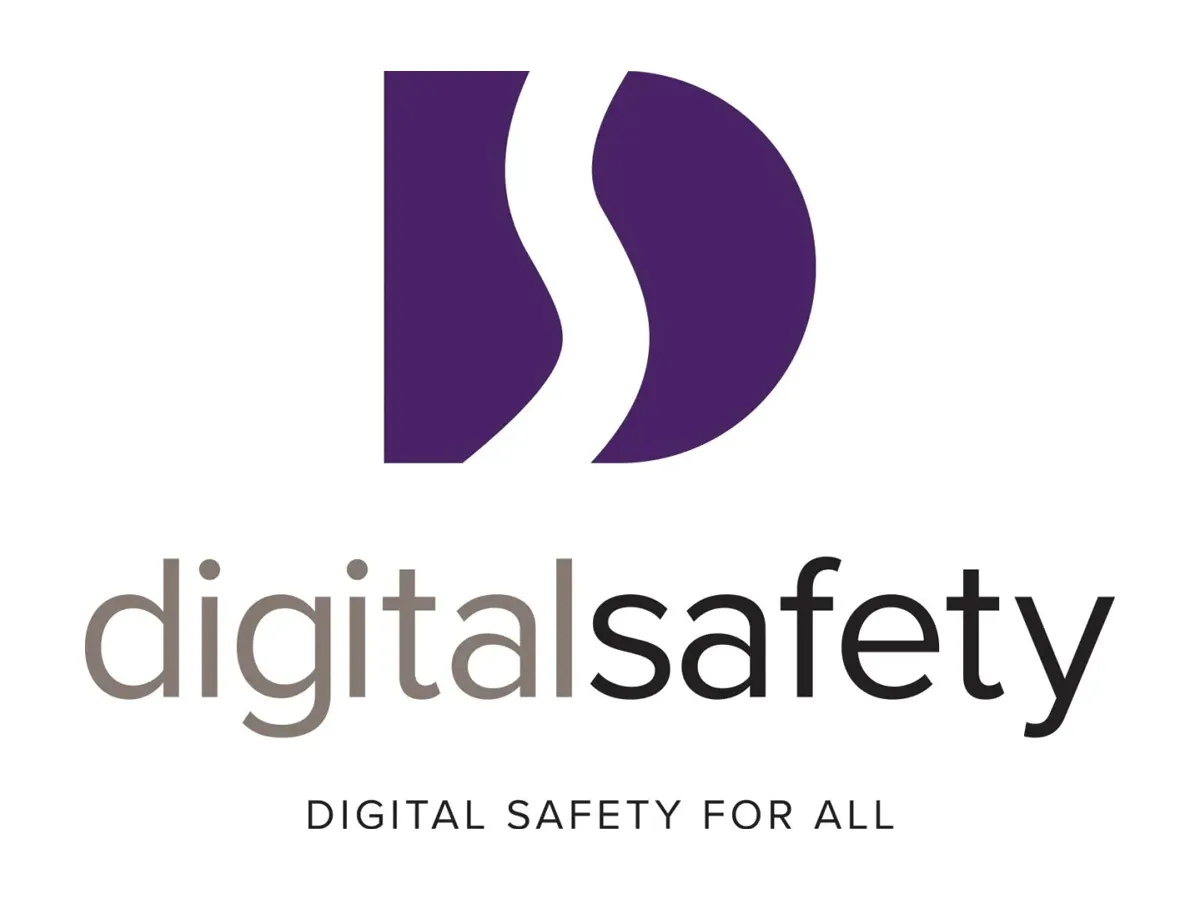
Digital Safety CIC - Online Resources
Exhibitor Information
We think you will agree that our exhibitors contributed so much to the event.
We know that we can tackle the problems we face alone - which is why we love working with others.
Thank you - you made the day INCREDIBLE!
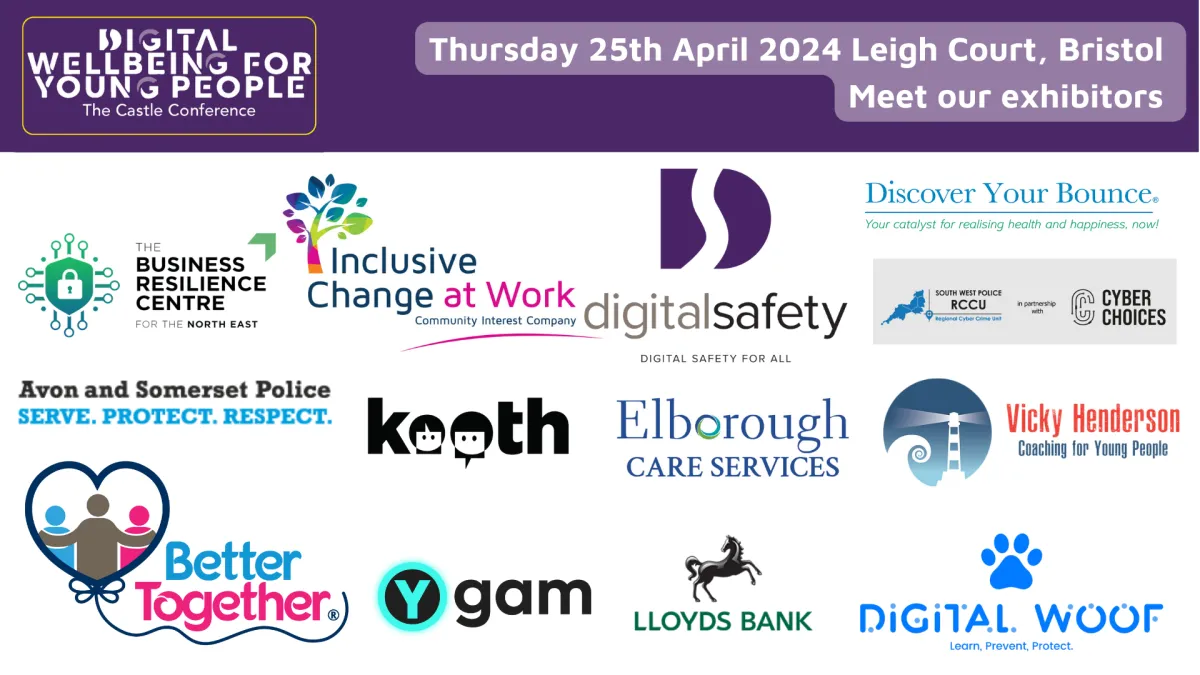
Inclusive Change At Work CiC
Bradbury House
Wheatfield Road
Bradley Stoke
Bristol
BS32 9DB
Companies House: 13271923
ICO registration: ZZB293922
UK register of Learning providers
UKRLP: 10090653
Privacy Policy | Terms and Conditions
Copyright © 2025 Inclusive Change At Work CiC | All Rights Reserved
